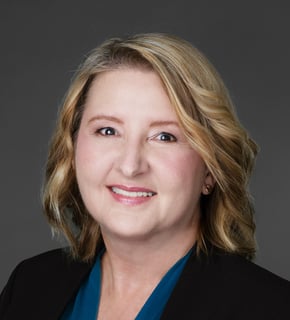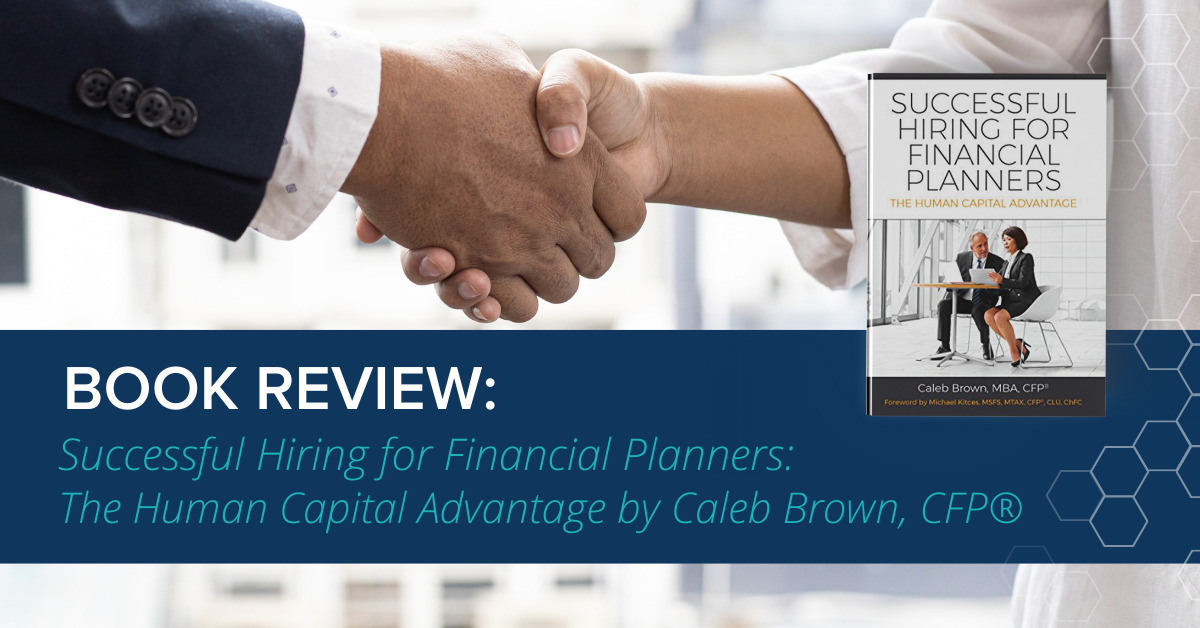
Preparing for the Next Tranche in Your Succession Plan
Your firm’s succession plan is designed to gradually transition ownership, leadership, and growth responsibilities to the next generation of advisors. The goal is sustainability of the firm, and it is accomplished through a plan that coordinates the changing roles of the founder(s) and the successor team over many years. Selling equity in the business in a series of steps or “Tranches” gives both the founder and the next generation of owners the time to wisely manage the transition and to prepare for the changes to come. The transfer of ownership from the founders (G1s), to the second and third generation of owners (G2s and G3s), starts with Tranche 1. Tranche 1 is usually a sale of 10% to 20% of ownership to the next generation. Tranche 1 is often called the incubator stage and allows for all parties to test the waters and to prepare the business structure for the journey ahead.


